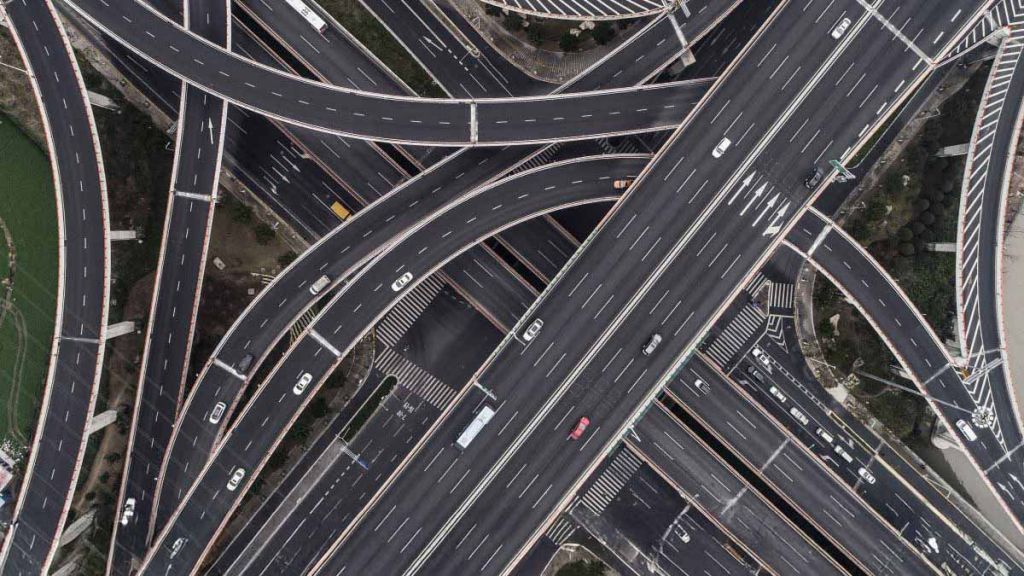Transport, logistics and cargo types
Transport is the movement of people and goods from one place to another and is one of the main sectors of the economy and globalization. In modern production conditions, the role of transport is fundamental. When evaluating the production conditions in a given region and for a specific product, a key factor is both the transport of raw materials and the transport of finished products. Logistics and logistics companies play a major role in ensuring the most favorable transport conditions. Good logistics aims to optimize the organization of processes, including delivery to the right place and time, with the required quantity and quality, at minimal effort and cost.
Types of Transport:
- Road (land) transport – road transport emerged with the appearance of the first wheeled vehicles, which required specially prepared routes – roads – for their movement.
- Water transport – a method of transportation carried out through sufficiently large water basins – oceans, seas, rivers, lakes – using various types of vessels (ships).
- Rail transport – transport using trains as vehicles. It operates on special tracks, most often two parallel steel rails, and more rarely, magnetic systems.
- Air transport – a method of transportation that uses aircraft, most often airplanes, as vehicles.
- Intermodal (combined) transport – a method of transportation using two or more types of transport vehicles.
Types of cargo:
- Full truck/container loads (FTL/FCL) – cargo whose volume or weight fills an entire transport vehicle.
- Groupage (LTL/LCL) cargo – cargo whose volume or weight does not fill an entire transport vehicle. For optimization, such shipments are consolidated with other similar cargo until the vehicle is fully utilized.
- Bulk cargo – consists of fragments or granular goods, such as coal, gravel, sand, scrap, stones, grain, etc.
- Refrigerated cargo – cargo that requires specific temperature control during transport. Depending on the need, it may be frozen or chilled. Examples include meat, dairy products, medicines, fruit, and others.
- ADR (dangerous goods) – substances or products requiring special safety measures depending on their class. Transport is carried out with specialized vehicles and drivers who have undergone training. Examples include medical waste, biological cultures, radioactive materials, acids and corrosive substances, flammable liquids, etc.
- Oversized cargo – cargo whose volume or weight exceeds the parameters of the transport vehicle. Transport of oversized cargo requires special permits. For each transport, the carrier must obtain authorization from the Road Infrastructure Agency (RIA).
Share
Contact us
Fill out the form to request transportation services.
We will contact you as soon as possible.






